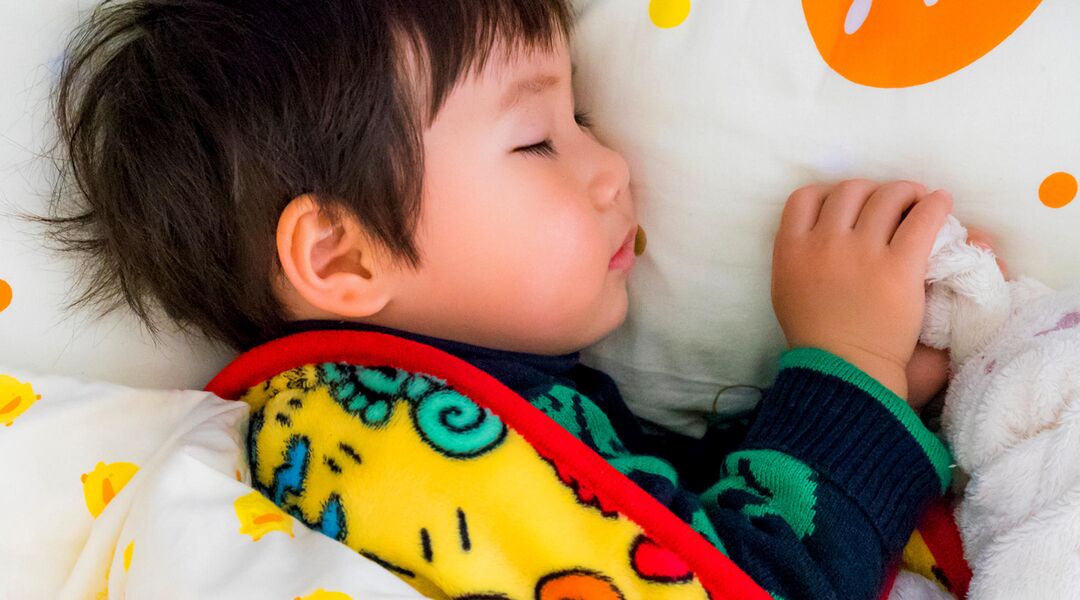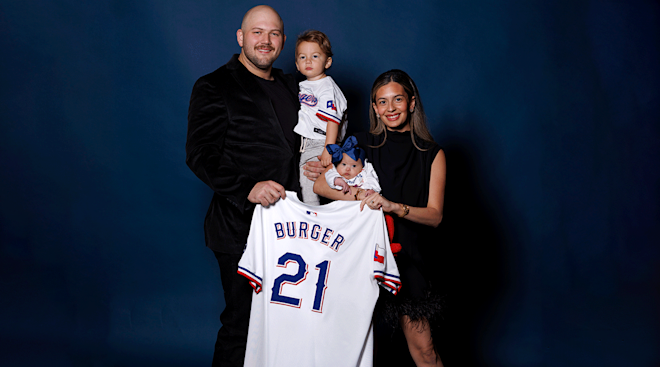If your two-year-old is throwing temper tantrums (and even a few toys) around the house, you can obviously blame it on the fact that he’s two. But, you could also blame it on his sleep habits. Specifically: His snoring.
A recent study from the American Academy of Pediatrics found that persistent snoring in 2- to 3-year-olds led to behavioral problems later in life. (Not to mention it kept moms up at night!) In the study, researchers evaluated the snoring and behavioral patterns of 249 children ages 2 to 3. Based on the snoring habits, reported by parents using the Child Sleep Habits Questionnaire, children were assigned to three groups: non-snorers, children who rarely snored; transient snorers, children who snored more than twice a week at either age 2 or age 3; and persistent snorers, children who snored more than twice a week at age 2 and 3.
Parents then completed the preschool form of the Behavior Assessment System for Children. Scores, known as zBMI scores, were generated for hyperactivity, aggression, depression, and inattention. A higher score meant a child showed sever signs of these traits.
At the end of the study, researchers found that persistent snorers had higher zBMI scores than transient and non-snorers. The most significant difference showed with the characteristic of hyperactivity. Almost 40 percent of persistent snorers were at risk for hyperactivity, compared to 10 percent of both transient and non-snorers.
While many would consider snoring a sign of a good rest, lead study author Dean Beebe says it’s actually the opposite.
“It’s not like in the cartoons, where snoring is what signifies sleep," Beebe said in an interview with MSNBC). She adds that a person snores when they have trouble breathing, which often disrupts the sleep. This challenge can be caused by a cold, allergies or even enlarged adenoid glands (yep, the ones in your neck).
The study also found that children who had been breastfed for an extended period of time and weren’t exposed to cigarette smoke were at a lower risk for persistent snoring. If you’re worried about your tot’s snoring, his pediatrician may be able to help you find ways to reduce it — and that may just help make your household (slightly) more peaceful.
Does your child snore? How do you help them get a good night’s sleep?
Navigate forward to interact with the calendar and select a date. Press the question mark key to get the keyboard shortcuts for changing dates.




















































